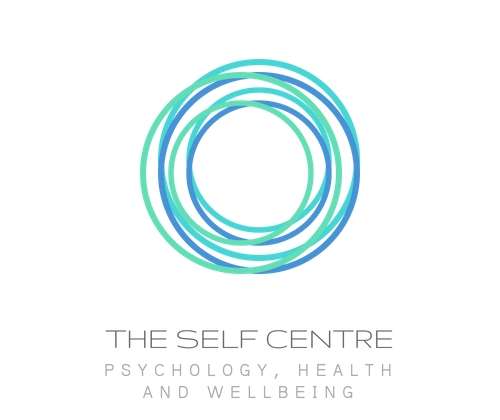Generalised Anxiety Disorder (GAD)
“I just can’t turn off my thoughts…. There are so many things that can go wrong.”
“I wake up in the middle of the night with a pounding heart and dry mouth- I am almost to scared to fall asleep every night.”
“Why hasn’t my friend replied to my message? What if she never talks to me again?”
“My mind just won’t shut off. Why can’t I just relax?”
Generalised Anxiety Disorder (GAD) is a fairly common anxiety disorder that is characterised by chronic worry, over-thinking and fear.
Worry can be described as a kind of negative self-talk about what could go wrong with ourselves, our loved ones or the world. Worrying about things such as an upcoming exam, job interview or a first date can be positive as it is usually short-lived and can help us problem solve.
Worry is a problem when it becomes excessive, intrusive, chronic and persistent, ie, the person worries about almost everything most of the time. It can be accompanied by excessive reassurance seeking from others.
Chronic worry can impact your mental and physical health. It can make you feel nauseous, lead to muscular cramps, tension headaches, sleep problems and feeling constantly on the edge. Chronic worry can negatively impact your attention and concentration so that its harder to focus on work or study. It can make people indecisive and procrastinate.
Overthinking is when people have incessant worst case scenario thoughts across a number of areas- work, relationships, finance and health- a constant “what if….?” (insert a worst possible outcome).
The person notices that their thoughts are irrational and exaggerated but can’t seem to stop them. They always expect the worst outcome despite no evidence to support their thoughts. This can be mentally exhausting as the mind just does not seem to stop thinking.
Fear is a natural survival instinct and is helpful when faced with real danger- it triggers the Fight, Flight or Freeze response
which is protective.However, fear becomes a problem when we are constantly conjuring up imagined outcomes of danger such as worst case scenarios, fear of negative appraisals, intolerance of uncertainty which all exacerbate GAD.
People with GAD are constantly hypervigilant to imagined danger. They also worry about being worried about everything and this creates a vicious cycle of worry leading to anxiety and low mood.
Treatment of GAD
Anti anxiety medications
Psychological therapy can help with upskilling you with strategies to manage the symptoms of GAD. Research shows that Cognitive Behavioural Therapy (CBT) can help target the behavioural, emotional and physical symptoms of GAD i.e. relaxation techniques, managing chronic worry and targeting procrastination.
Acceptance and Commitment Therapy (ACT) is also an evidence based therapy that helps to take action based on your values and staying in the present moment.
Lifestyle factors: Mindfulness practice can help to increase present moment focus, meditation, yoga, exercise, balanced diet, social support and self-care are lifestyle factors that can help in recovery and relapse prevention.
Psychological intervention can lead to a significant reduction of GAD symptoms.
Tips for Carers:
Living with someone who is diagnosed with GAD can be challenging. You can help by understanding the condition and encouraging your loved one to seek professional help. You can consider joining a family and friends support group or engaging with a therapist to deal with your personal challenges.
Of course, if you would like to contact us to support you – click here and let’s work together.
Written by Sharmila Wagh-D’Silva – Clinical Psychologist.
